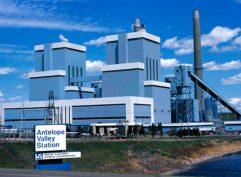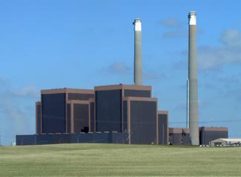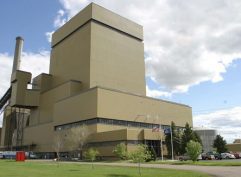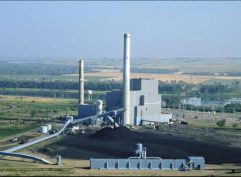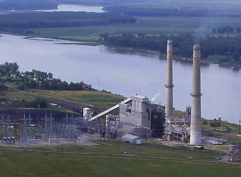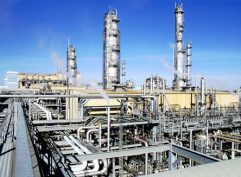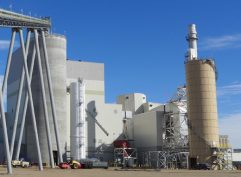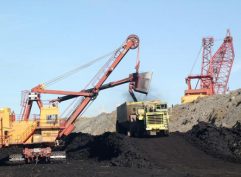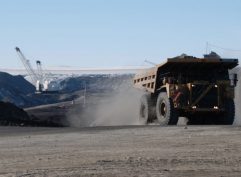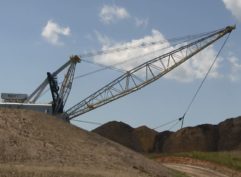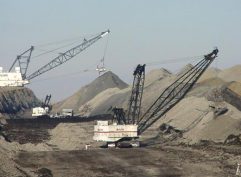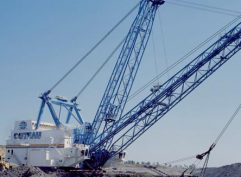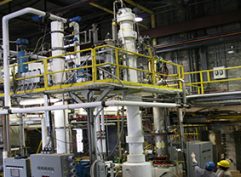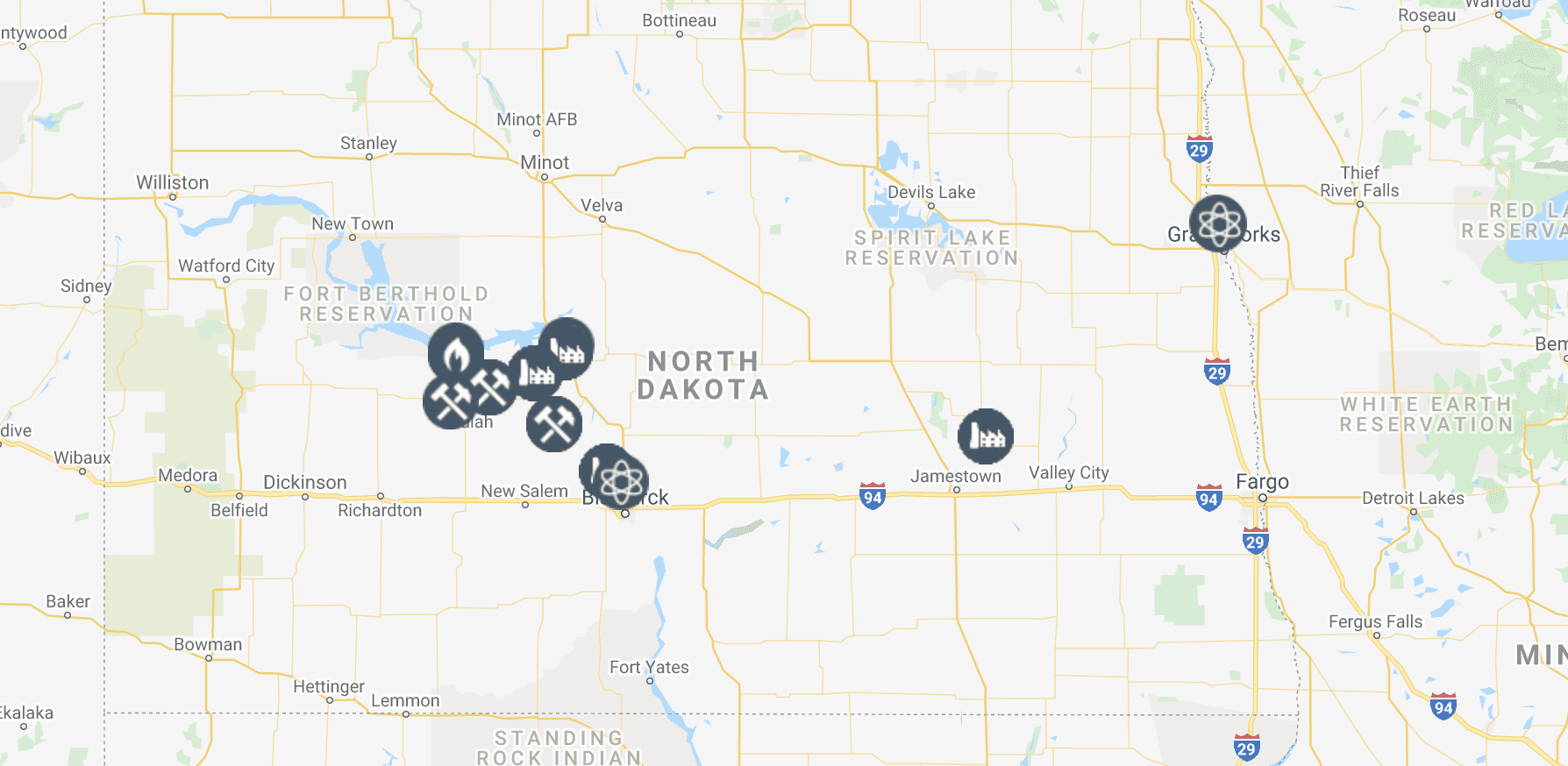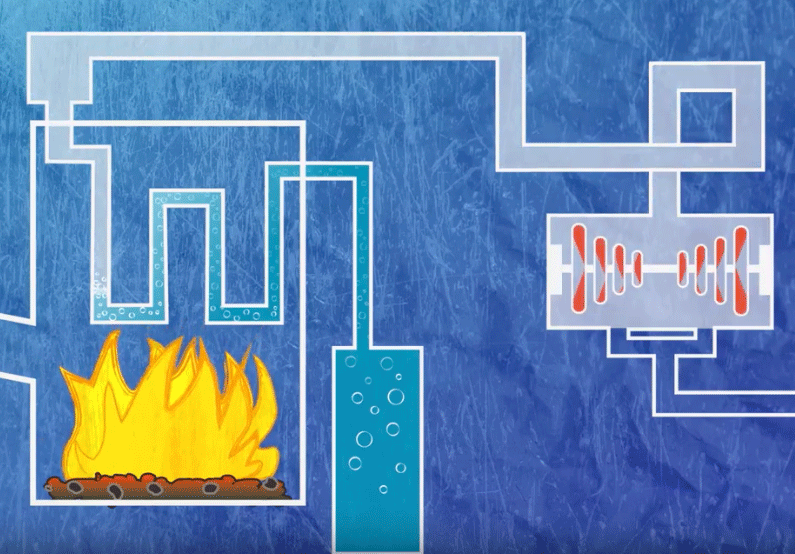New economic study shows impact of lignite industry on North Dakota
North Dakota’s lignite industry continues to provide and build upon its positive economic benefits to the state through high-paying jobs, business activity, and tax revenue. A recently completed and released study of the economic impact of the lignite industry conducted by the North Dakota State University (NDSU) Department of Agribusiness and Applied Economics is now available.
Dean Bangsund, a research scientist at NDSU, says it indicates that North Dakota continues to realize significant economic benefits in many areas of the economy. “The combination of in-state purchases of goods and services and employee payroll from firms involved in lignite-related activities generated a total business volume activity of $5.8 billion in 2022.”
The combination of coal mining, coal conversion, lignite coal-fired electricity generation, and electricity transmission and distribution generated nearly $2.2 billion toward the state’s gross domestic product in 2022. The industry represented 2.6 percent of the state’s gross state product and four percent of the state’s gross business volume.
Workforce is also an important area of impact for the industry. The lignite industry collectively supports more than 12,000 direct and secondary jobs in the state. More than $1 billion in labor income is represented in wages, salaries, benefits, and sole proprietors’ income. Of the more than 12,000 jobs, 3,250 jobs were supported by mining, 7,725 jobs were supported by coal conversion and electricity generation, and 1,060 jobs were supported by transmission and distribution.
“The NDSU economic survey clearly measures the strong economic contributions of the lignite industry to North Dakota,” says Kay LaCoe, vice president of marketing and communications for the Lignite Energy Council. “About a third of the jobs are concentrated in Mercer, McLean, and Oliver Counties while the other two-thirds are spread across the Midwest in a variety of professions and support roles to the industry.”
LaCoe also notes that besides the economic benefits, the state receives affordable and reliable electricity from the lignite industry. Thanks to more than $2 billion invested in clean coal technology, North Dakota is one of only four states that has never violated federal ambient air regulations and is among only 17 clean air states as reported by the Environmental Protection Agency.
The economic impact study was commissioned by the Lignite Energy Council. The Lignite Council is a trade association representing the state’s lignite mines which produced 26.7 million tons of lignite in 2022, along with the lignite-fueled power plants and the Dakota Gasification Company’s Great Plains Synfuels Plant, and more than 200 contractor/supplier members representing many Main Street businesses in the state. Economic studies of the lignite industry have been produced by NDSU’s Department of Agribusiness and Applied Economics since 1982.
A summary of the report can be found here


